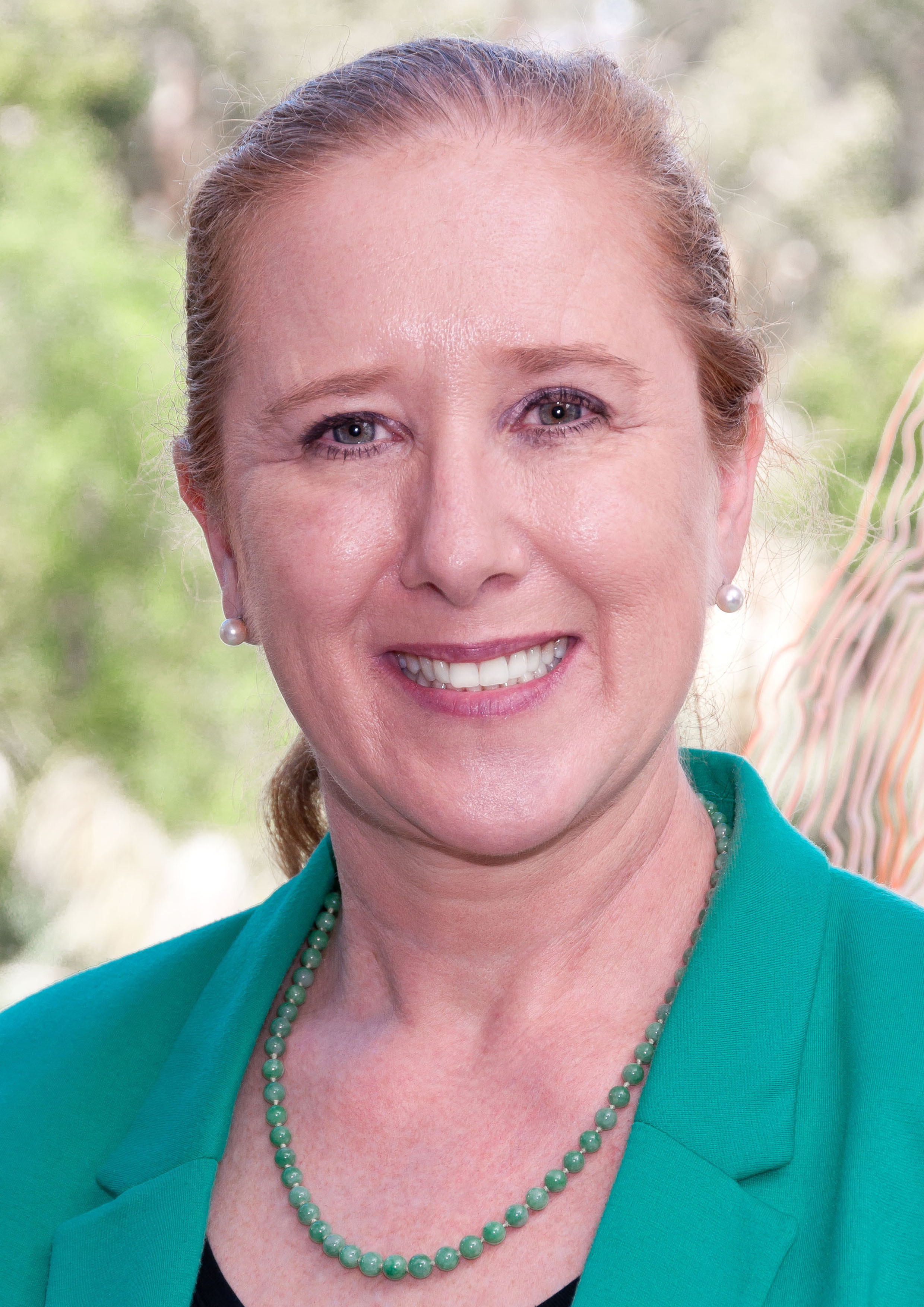
Associate Professor Simone Strasser
New MBS item numbers for telehealth consultations have been rushed through to help protect vulnerable Australians, including the elderly, those with chronic conditions and people in Indigenous communities, from COVID-19.
The package includes “Bulk-billed video-conference consultation services, which can be provided by GPs, specialists, consultant physicians, consultant psychiatrists, nurse practitioners and allied mental health workers for certain vulnerable people…”
Gastroenterology Society of Australia (GESA) president Associate Professor Simone Strasser told the limbic the initiative – announced by the Prime Minister on March 11 and delivered just two days later – was very welcome.
“Our patient population is clearly indicated within this – people with chronic conditions or immunocompromised – so it really applies to… any chronic liver disease, any chronic GI condition and transplant patients.”
“Since this outbreak has started we’ve all been trying to limit the numbers of people coming to our clinics to avoid crowded waiting rooms and people coming in unnecessarily,” she said.
“This is going to be welcome in terms of being able to provide very comprehensive care for our patients through this crisis.”
The new item numbers applicable to specialists and consultant physicians include equivalent telehealth and telephone consultation item numbers for a 110 (an initial attendance), a 116 (subsequent attendance) and a 119 (minor attendance).
“For the patients being monitored for their chronic condition or immunosuppression, then this provides an opportunity to make sure they don’t fall through the cracks.”
“It’s not covering our complex long consultations and so we will probably still be bringing complex patients to the hospital anyway because it would be particularly hard to sort out say a new complex patient in this way,” Associate Professor Strasser said.
“We are assuming we can use any platform that is available to patients in their home and the clinician. That means by Facetime, by Zoom, or by any other platform where we can establish video telehealth links with the patients.”
She noted that telehealth has previously meant patients traveling to a centre specially set up for that purpose.
“This is an emergency provision and none of that will be available. It will be using the best available.”
Associate Professor Strasser, from the Royal Prince Alfred Hospital, said multidisciplinary team meetings and other normal clinical activities where staff usually came together were increasingly being run from individual clinicians’ rooms using platforms such as Zoom.
“We are now establishing ways of doing these where we don’t all have to come together and put our teams at risk.”
She added there was no specific data around the risks associated with immunosuppression in GI patients.
“The main risk factor would still be age, overriding everything else, and then comorbidities.”
“And the question is – is a healthy 20-year-old who happens to be on a biologic to manage their IBD at any more risk than any other 20-year-old? We don’t have any information to say that at this point.”
GESA has made patient information on COVID-19 available on its website.